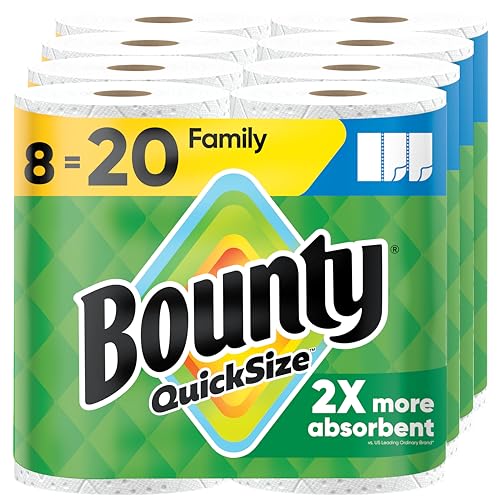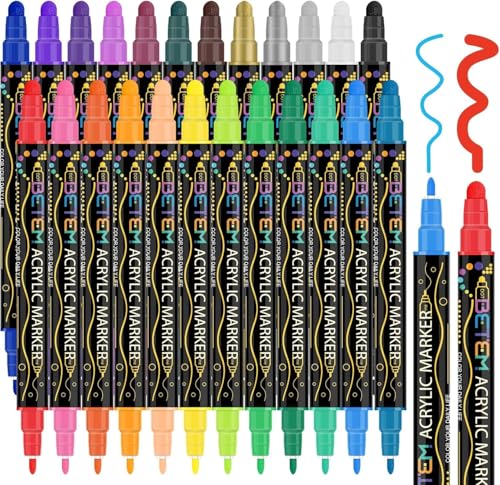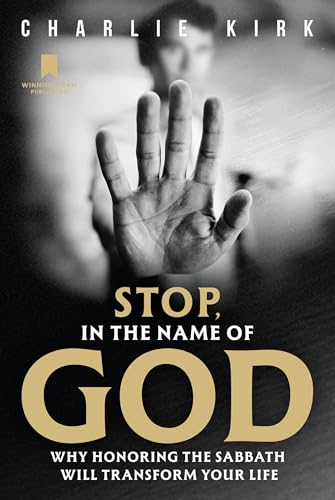با برنامه Player FM !
پادکست هایی که ارزش شنیدن دارند
حمایت شده
A Conversation with Merle Conyer
Manage episode 208787814 series 1052363
Introduction to Conversation with Merle Conyer
I talk to Merle Conyer. I had a particular question, about the interface between Western psychology and Aboriginal and Torres Strait Islander knowledge. I’m exploring that because of a work role I’ll be taking up soon, as part of the Creating Space Project.
As part of my preparation for that, I was put in contact with Merle by Paul Rhodes. Merle has been grappling for some time with the same question that has only recently come to me.
Merle works with Aboriginal communities. She’s a South African woman who’s been in Australia for many years.
As she describes it, she is in that intersection of human rights and wellbeing and social justice.
So I sat with her on her carpet and listened to her, and in listening to her, I have learnt an enormous amount.
For her the word genocidewas shattering. She realised that Aboriginal and Torres Strait Islander people in her lifetime have encountered the five conditions for genocide laid about by the United Nations (1948) Convention on the Prevention and Punishment of the Crime of Genocide. There is shame attached to that: The shame for a South African woman, and the shame of being in Australia and realizing the systems of oppression that exist here, the structures of colonialism.
A phrase that has stayed with me from the conversation with Merle is about moving from shame to responsibility and how you tease apart toxic shame from helpful shame.
This interview has helped raise in me lots of questions:
As a therapist, in what ways am an instrument of oppression?”
When I’m in a therapy room with a person who experiences racism, structural oppression, in what way do I perpetuate that oppression?
How do I seek restorative action? How do I seek to redress that? How do I deconstruct the racism that I have been raised in?
How do I dismantle those processes of colonization in myself.
Merle explores the idea of cultural humility. As I understand it, this is about making space within my space, and within the spaces I operate in for voices from other cultures and other systems?
Merle then talks about the therapeutic modalities that have served her well in practice. These include somatic therapies and postmodern therapies, including narrative therapy.
I am also in conversation with First Nations Peoples, this interview is just one act of preparation.
98 قسمت
Manage episode 208787814 series 1052363
Introduction to Conversation with Merle Conyer
I talk to Merle Conyer. I had a particular question, about the interface between Western psychology and Aboriginal and Torres Strait Islander knowledge. I’m exploring that because of a work role I’ll be taking up soon, as part of the Creating Space Project.
As part of my preparation for that, I was put in contact with Merle by Paul Rhodes. Merle has been grappling for some time with the same question that has only recently come to me.
Merle works with Aboriginal communities. She’s a South African woman who’s been in Australia for many years.
As she describes it, she is in that intersection of human rights and wellbeing and social justice.
So I sat with her on her carpet and listened to her, and in listening to her, I have learnt an enormous amount.
For her the word genocidewas shattering. She realised that Aboriginal and Torres Strait Islander people in her lifetime have encountered the five conditions for genocide laid about by the United Nations (1948) Convention on the Prevention and Punishment of the Crime of Genocide. There is shame attached to that: The shame for a South African woman, and the shame of being in Australia and realizing the systems of oppression that exist here, the structures of colonialism.
A phrase that has stayed with me from the conversation with Merle is about moving from shame to responsibility and how you tease apart toxic shame from helpful shame.
This interview has helped raise in me lots of questions:
As a therapist, in what ways am an instrument of oppression?”
When I’m in a therapy room with a person who experiences racism, structural oppression, in what way do I perpetuate that oppression?
How do I seek restorative action? How do I seek to redress that? How do I deconstruct the racism that I have been raised in?
How do I dismantle those processes of colonization in myself.
Merle explores the idea of cultural humility. As I understand it, this is about making space within my space, and within the spaces I operate in for voices from other cultures and other systems?
Merle then talks about the therapeutic modalities that have served her well in practice. These include somatic therapies and postmodern therapies, including narrative therapy.
I am also in conversation with First Nations Peoples, this interview is just one act of preparation.
98 قسمت
همه قسمت ها
×به Player FM خوش آمدید!
Player FM در سراسر وب را برای یافتن پادکست های با کیفیت اسکن می کند تا همین الان لذت ببرید. این بهترین برنامه ی پادکست است که در اندروید، آیفون و وب کار می کند. ثبت نام کنید تا اشتراک های شما در بین دستگاه های مختلف همگام سازی شود.



































